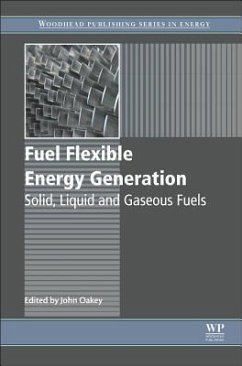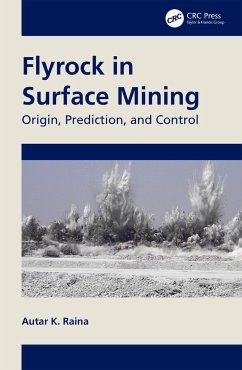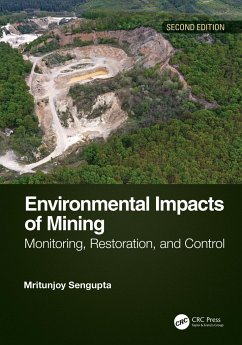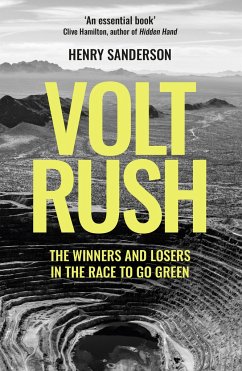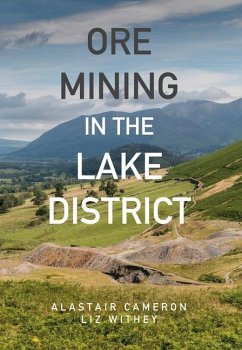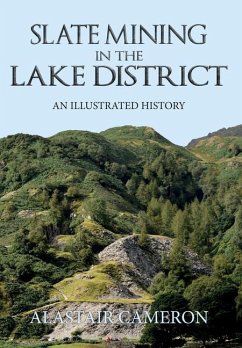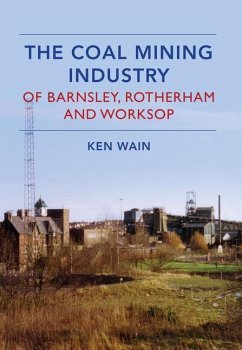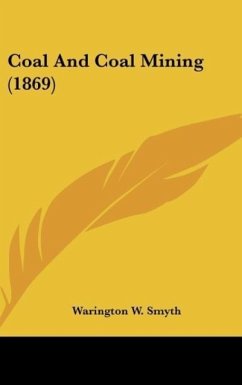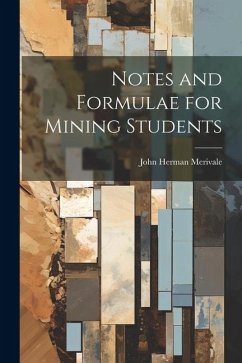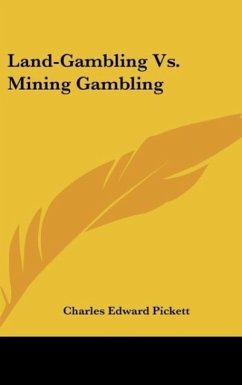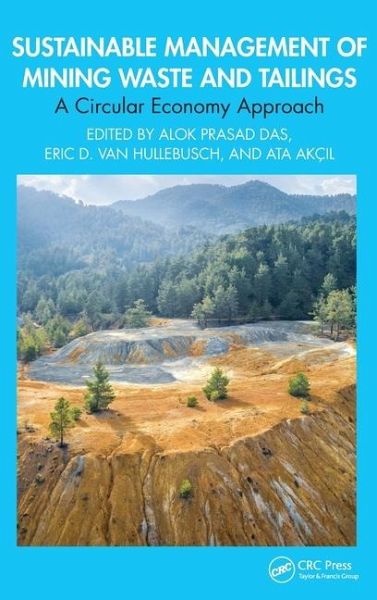
Sustainable Management of Mining Waste and Tailings
A Circular Economy Approach
Herausgegeben: Das, Alok Prasad; van Hullebusch, Eric D.; Akçil, Ata
Versandkostenfrei!
Versandfertig in 6-10 Tagen
176,99 €
inkl. MwSt.
Weitere Ausgaben:

PAYBACK Punkte
88 °P sammeln!
Integrating waste management, environmental sustainability, and economic development is a prime milestone in the circular economy. Critical metals recovery from mining tailings and secondary resources has significant potential, with widespread applications in high-tech industries that are critical to modern society and sustainable development. This book discusses technological advances for managing industrial and mining waste through circular economy approaches and successful critical metal recovery from secondary resources. It highlights how reprocessing of mine waste and tailings results in ...
Integrating waste management, environmental sustainability, and economic development is a prime milestone in the circular economy. Critical metals recovery from mining tailings and secondary resources has significant potential, with widespread applications in high-tech industries that are critical to modern society and sustainable development. This book discusses technological advances for managing industrial and mining waste through circular economy approaches and successful critical metal recovery from secondary resources. It highlights how reprocessing of mine waste and tailings results in development of critical raw materials that significantly reduce the mining burden and ensure the lucrative use of waste materials.
Features:
Describes advances in remediation and valorization technologies for mining wastesDetails biotechnological methods, cutting edge research, and applicationsCovers use of waste mining resources for economic growth and novel opportunitiesDiscusses IR4.0 and machine learning methodsIncludes reports and case studies on mining waste in value-added products and recovery of strategically important critical minerals
This book will be of value to researchers and advanced students working in the mining, chemical and environmental engineering, and renewable energy sectors.
Features:
Describes advances in remediation and valorization technologies for mining wastesDetails biotechnological methods, cutting edge research, and applicationsCovers use of waste mining resources for economic growth and novel opportunitiesDiscusses IR4.0 and machine learning methodsIncludes reports and case studies on mining waste in value-added products and recovery of strategically important critical minerals
This book will be of value to researchers and advanced students working in the mining, chemical and environmental engineering, and renewable energy sectors.





